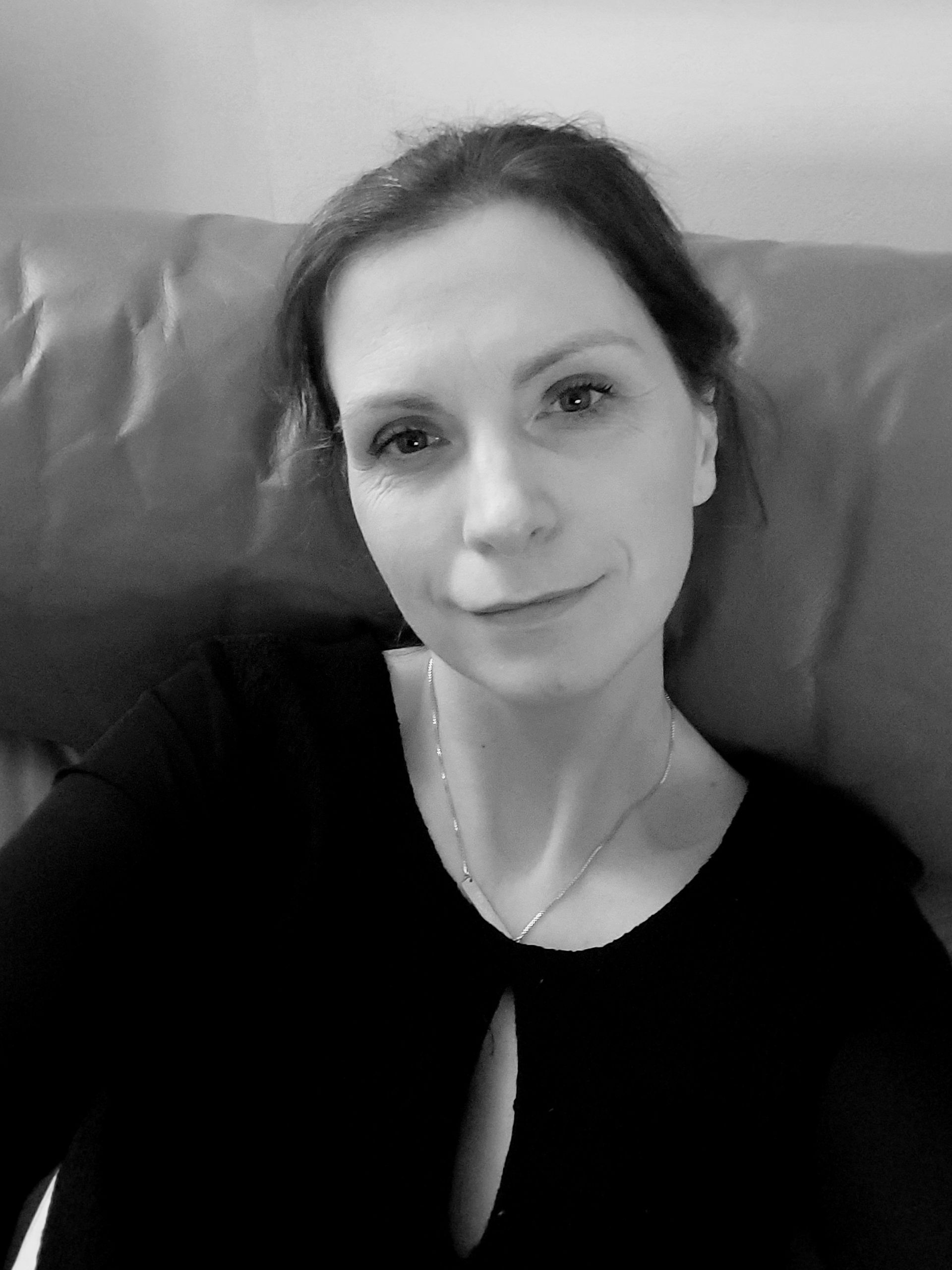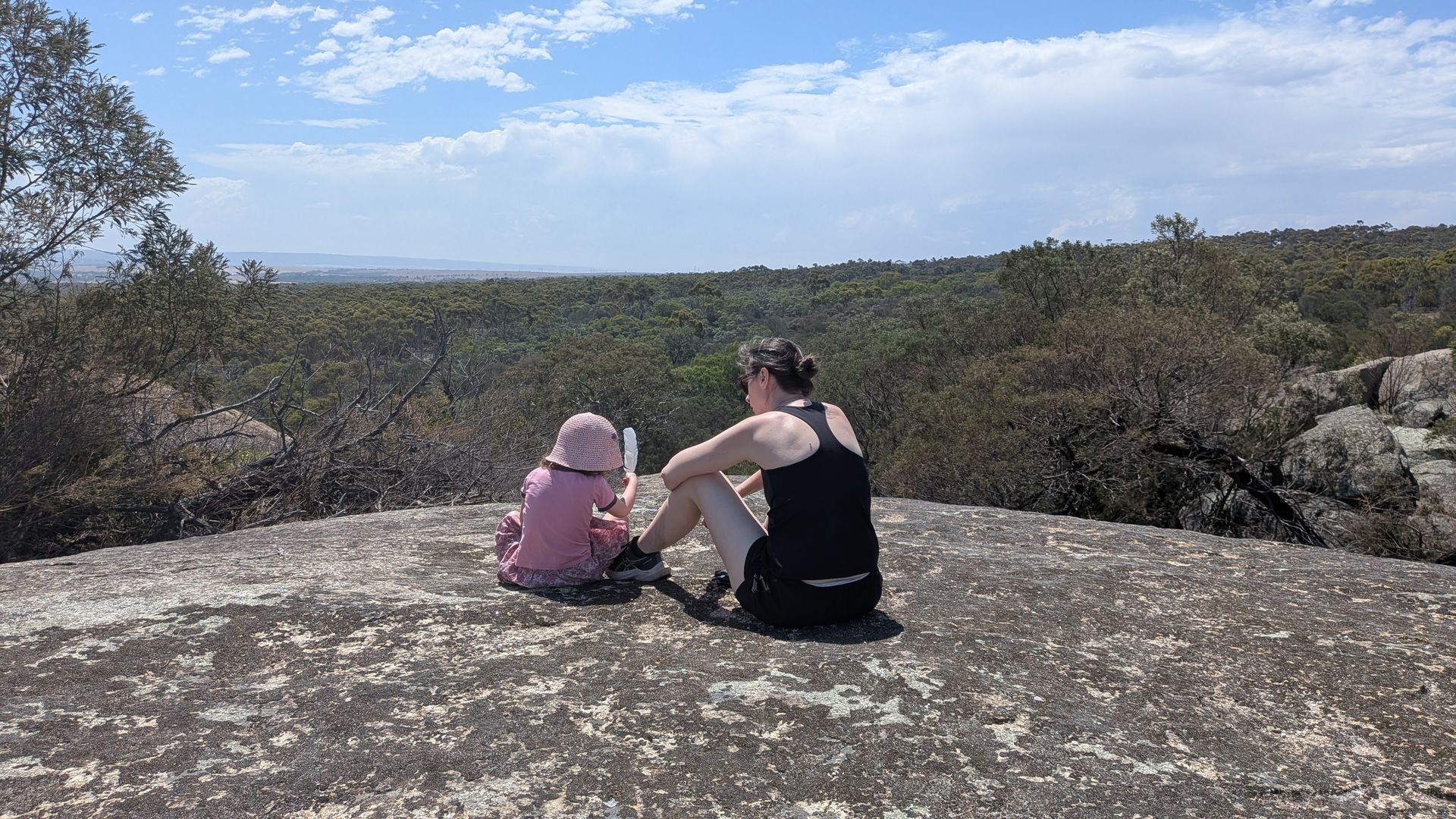A Re-introduction 2023
An update on my life and offerings

I Thought I would do a re-introduction for anyone new here. This is a deeper dive into my background and what has brought me to where I am today.
My name is Maria Dillane, I am a mum of two kids ages 4 and 2. I am an Irish expat living in Melbourne Australia. I am a nurse, a parent advocate & coach, a neuroprotective developmental care practitioner (NDC) and I have completed a comprehensive course in Interpersonal Neurobiology.
My personal development journey started in 2020 after suffering from burnout, this was on the back of living with severe anxiety for over a decade (since my mum became unwell and passed away) What this looked like for me was:
- Social anxiety
- Anxiety attacks
- Low self esteem
- Low confidence
Most people were not aware of my insecurities and mental health issues as I didn't share this with many. My anxiety manifested itself in my daily life as:
- Nail biting
- Smoking
- Binge drinking
- Negative self talk
- People pleasing
When I became a mum I felt love like I'd never known before. I wanted to be the best Mum I could be. However I didn't know what this actually meant and so initially I did this by martyring myself in the name of mothering. I stayed up late most nights preparing my child’s food from scratch despite the fact I would have night time feeds and to be up for work at 6am. I had no time for myself. I would race home from work, change my clothes and spend the rest of the time with my son. I literally never had any time to refuel, to meet my needs. When anyone suggested I did otherwise I would get defensive and upset. I was often impatient, irritable and quick to react, and then I would spend a lot of time beating myself up, becoming distressed as this was not how I wanted to show up for my family. The pandemic did not help someone like me living with chronic anxiety and something had to give.
In 2020 I literally burnt out. One day I had palpitations and chest pain where I thought I was having a heart attack or at the very least a precursor to one. I booked into my gp and shared what was happening. I was distressed, I was angry at my body for letting me down and I felt so overwhelmed. I was prescribed medication in the short term to manage my anxiety and a new mental health care plan to support me. I took some time off work and slowed right down. I prioritised rest and spent a lot of time in self reflection.
It was after this I made significant changes in my life. I started working with a coach. I decided to study a post grad in Positive Psychology (The science of wellbeing) to better understand and support my own wellbeing. I found that I loved learning about this topic. It resonated with me so much and I started implementing many evidence based strategies to support me in my daily life. I focused my assignments on the wellbeing of parents and this became my passion - understanding how to better support parents and their wellbeing.
On completion of my post grad, my little girl was born. My days and nights were busier than ever and instead of crumbling I felt empowered. I asked for help, I leaned into what felt good for me to support me. The strategies already in place continued to support me and evolve as we navigated early days with two kids.
Wanting to learn how to further support myself, I came across the Jai institute for parenting. When my little girl was 3 months old I started studying to become a parent coach. The great part of my training was that I myself was coached as I studied. The more I studied and shared about my own experiences the more awareness I had. I felt more and more empowered and not only that, I was noticing positive changes in my family from very early in my training.. Having knowledge about attachment science, nervous system science, brain science, and emotional intelligence allowed me to make sense of so much in relation to my parenting and my past. My relationships not just with my kids and husband improved but most notably my relationship to myself. I was able to show myself more compassion and empathy, to prioritise my needs in order to meet the needs of others and to do this without feeling guilty.
This insight helped so much as I began noticing my triggers and instead of reacting as I previously did, I was able to hold space, to meet my needs and my child's with more and more ease. Not perfectly but with practice it continues to become easier. I was no longer suppressing my emotions, I was open and honest with how I was feeling and it felt good. I am modelling to my kids the importance of self-love and self-compassion.
This time was also one of big transitions for me on another level as I farewelled one of my best friends and her kids. I felt lonely, and was grieving their departure. I allowed all the feelings for myself and my family. We missed our friends. As expats, friends are the family you choose and saying goodbye although not forever is so hard. Even as I write this I am preparing for another one of my best friends departing next year. I wonder how much harder these experiences would be if I didn't have awareness and compassion to hold space for all these feelings. Life is constantly evolving and changing. How I support myself through these changes impacts not only me but my whole family.
As I continued to learn and evolve I became more and more interested in the mind body connection. For me it felt like I had been living a disconnected life for a long time that manifested itself as anxiety, dislike of self and ill feeling. I read books like "the body keeps score" by Bessel Van Der Kolk and “when the body says no” by Gabor Mate. They made so much sense to me, and still I wanted to know more. I signed up to study Interpersonal Neurobiology with Dan Siegel and finished this in September this year. This course along with my parent coaching training reinforced for me the importance that we as parents play in our kids' lives. Our sense of self is formed primarily in our first seven years, as it lays the foundation for a child's emotional, social, and cognitive development. The quality of the parent-child bond significantly influences a child's sense of security, self-esteem, and ability to form healthy relationships in the future. Essentially shaping a child’s core beliefs about themselves. The importance of these early years and of the parent child bond is often overlooked in our society and it can add to feelings of isolation and disconnection.
My studies over the last 3 years have given me so much, they have allowed me to make sense of who I am, and my experiences. They have given me the gift of openness, non-judgement, hope and compassion to name a few. I am a better person, mum, coach and nurse because of my willingness to be open and learn and evolve.
I believe my matresence (the process of becoming a mother) was the catalyst that opened the door of change for me.
Changes I notice in myself now are:
- I like who I am now, after a lifetime of not feeling comfortable in my own skin. I now know and accept all of me.
- I have wounds that show up at different times, I support myself through them with connection and compassion.
- I have so much more empathy for myself and those around me, my family, friends and patients. This is a gift, it takes away judgement and replaces it with empathy, curiosity and compassion.
- My kids are my greatest teachers. I am so grateful to be their mother and I know that I am a good mum. I know too that I will get things wrong, but how I show up for my kids and myself is my priority. My parenting journey is about connection not perfection.
- I respect my kids and their opinions and voices. My kids deserve to be seen and heard. I continue to work on my listening skills and build them as our society as a whole does not value the voices of kids. I do but sometimes I need to slow down or pause to make sure that I honour this.
There is so much more I could say but this is a rather deep dive into who I am and the changes I have made since becoming a mother. I hope my passion for supporting parents is clear here because I believe there is such a need to support parents in our society. To be the change we want to see we need to support parents with compassion, kindness and knowledge. My business is called Reaching for Calm. My passion is to bring evidence based information to parents in a supportive non-judgemental space.
If you would like to know more about how i can support you you can book a call on the link below or you can simply DM/email me a question.
Maria XX

